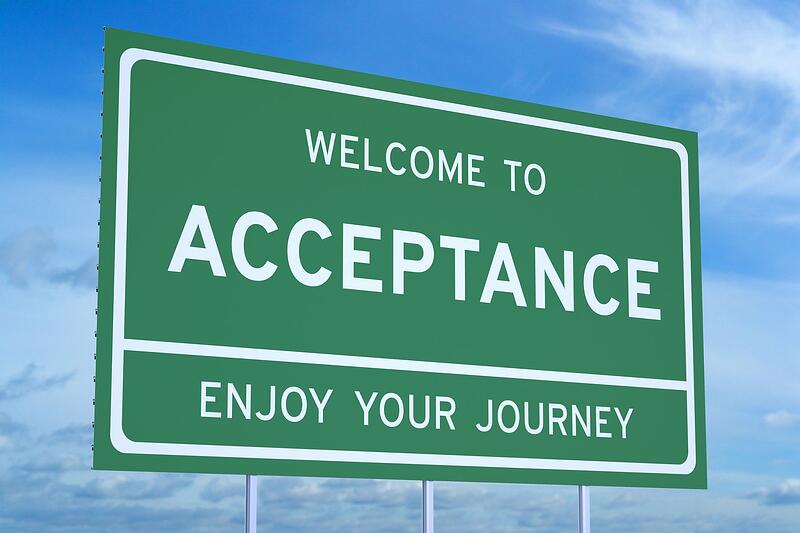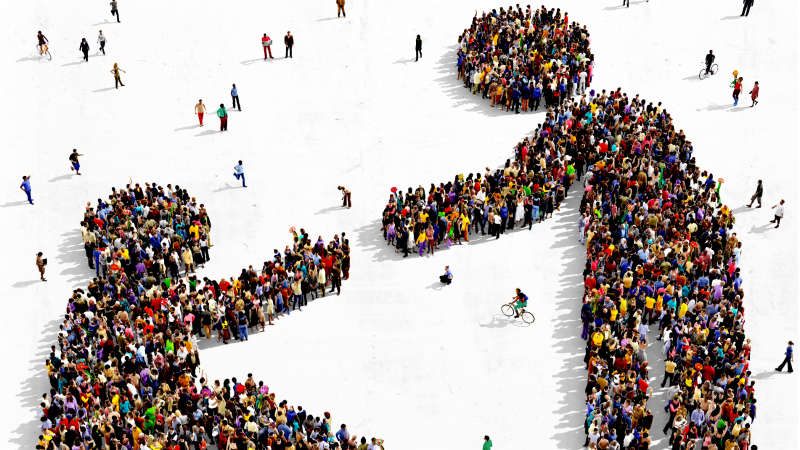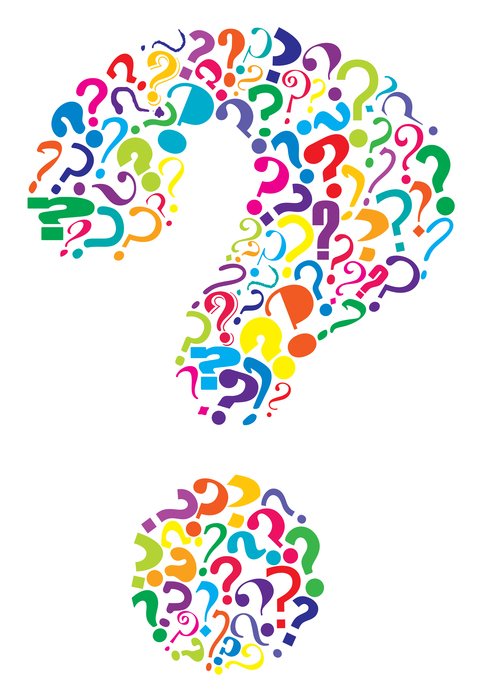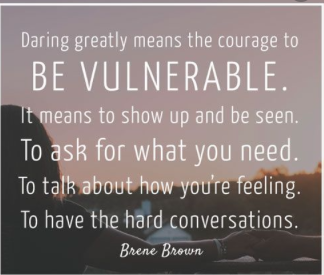Rev. Chani's Blog
As I sit down to write this reflection, I am struck by the dichotomies that have become an everyday occurrence in this past year. What does it mean to put on a mask on Purim when we have spent the entire year masked? What does it mean to be showing more of ourselves when most of us have seen into each other’s homes virtually? We’ve been into the homes of our bosses, our colleagues, our therapists, and even our clergy, where we probably would never have been invited physically.

Beginning on the second night of Passover, Jews begin the counting of the Omer. We count every evening for 49 days; a full seven weeks, and on the 50th evening we celebrate the holiday of Shavuot. Shavuot is the holiday in which we commemorate receiving the Torah – the ten commandments on Mount Sinai. We celebrate our acceptance of the contract when we collectively said, “Yes!”

As I prepare for Passover, I think about what it means to me this year and I notice that I have no idea. It feels so different than years past. We’ll have a small seder without many of the dishes we usually make, our friends won’t be gracing our table, and for the first time in her life – our youngest daughter will not be coming home.

I personally have always had a hard time with the celebration and the Holiday of Purim. To start, I never enjoyed going around all over town delivering Mishloach Manos (baskets of food to others) the drinking, or the drunk drivers on the road. The story itself is a violent one. A man kills his wife because she refuses to put on a show for his friends. He selects a new wife who has no choice but to marry him. One group of people blame another group for the problems of the time, leading to a civil war, where the people kill each other in order to stay alive.

